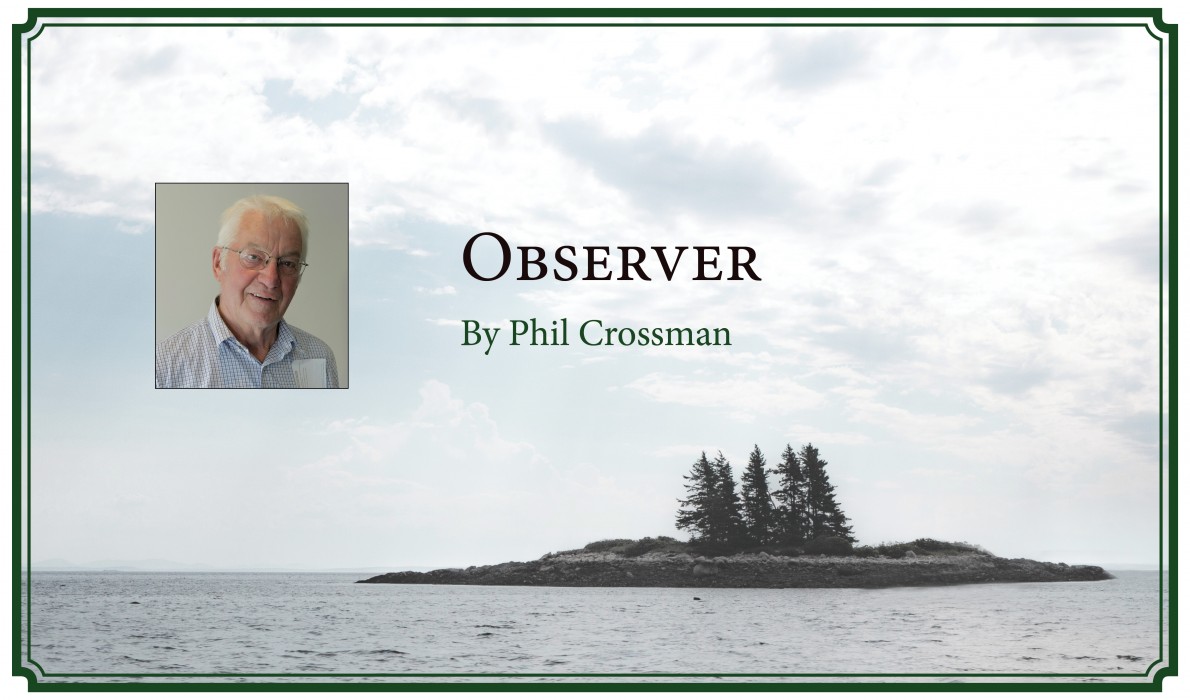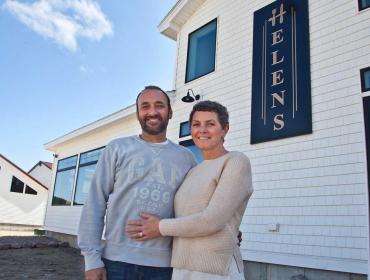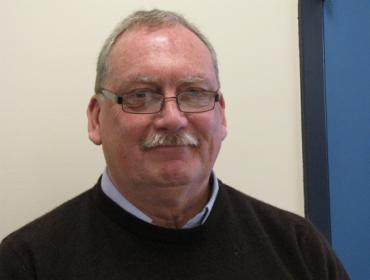Posted July 20, 2019
Last modified July 20, 2019
By Phil Crossman
A few years ago, my friend John called to say he was in distress and having a hard time breathing. I called the ambulance and then went right up to his place, a couple of miles out of town.
He was lying on the floor and, gasping, he asked if I thought he was having a heart attack. I said I didn’t think so and that I thought he was being a little dramatic but then I tried to make him comfortable.
When the ambulance crew arrived, they immediately began monitoring his vitals and he asked them if he was having a heart attack. The nearest of them said she didn’t think so and ventured that he was being a little dramatic. A few minutes later, the doctor arrived. John asked if he was having a heart attack. The doctor said he didn’t think so and suggested he might be a little dramatic.
We’d all known John for so long that it was reasonable and not at all offensive to him to suggest, even at times like this, that drama might have a role.
Nonetheless they bundled him into the ambulance and took him to our island medical center. I followed and then sat just outside an open door to the examining room as they hooked him up to an EKG. Suddenly the doctor said, “Hell, he’s having a heart attack.” John turned his head in my direction and, with a chastening expression reminding me clearly that drama has its place, said, “I told you so.”
In 1984, I was a one-man real estate agency and around Labor Day, it was my good fortune to answer a plaintive call for assistance from a man I’d never met. John Wulp had an appointment with me to look at property during a day trip, but had arrived a day earlier than expected and, rather than on an early ferry, stepped off the last arrival of the day. Lodging facilities were full.
I called home and asked if we could feed and provide lodging for him and the plaintive tones I used to describe his circumstances and my wildly understated suggestion that he might be interesting aroused her curiosity and were persuasive.
On that day I first heard him utter a simple two-word phrase, the frequent deployment of which, during the 34 years that followed, I came to associate with a call for my undivided attention: “Now, Phil.”
I don’t know how it is that John, as soon as he made an acquaintance, summoned the wherewithal to determine the nature, in perpetuity, of the relationship to follow and colored it, as in my case with an informal precursor like “Now, Phil.” Every now and then, though, he clearly sensed in someone to whom he was newly introduced, a need for greater propriety, and from this discriminatory process emerged a selective reverence. “Now, Mr. Jones” and “Now, Mr. Goodrow,” “Now, Mrs. Halcorn” and “Now, Mr. Alban.”
At any rate, I was firmly cast in the lesser camp from the beginning.
An hour later he stepped into our kitchen where three places had been set and where had been arranged our modest repast. I introduced John to Elaine and he, apparently assuming her own humble circumstances paralleled my own, enquired of her similarly.
“Now, Elaine,” he observed thoughtfully and with some concern as he surveyed the assembled meal, “Is that all there is?” Seeing the opportunity for a nice segue and perhaps sensing he’d taken an unwarranted liberty, he continued, singsong, and not unlike Peggy Lee, “If that’s all there is my friend, then let’s start dancing.”
Note: John passed away last year and this is part of a toast/roast delivered at his memorial service on Vinalhaven last month.
Phil Crossman lives on Vinalhaven.

Contributed by




